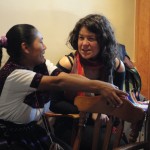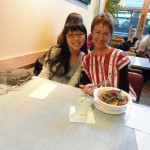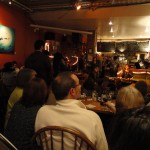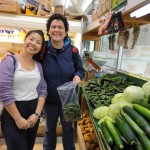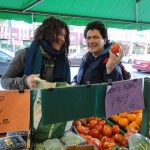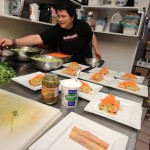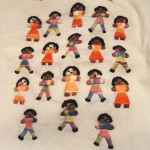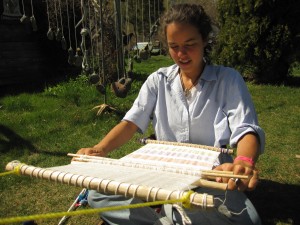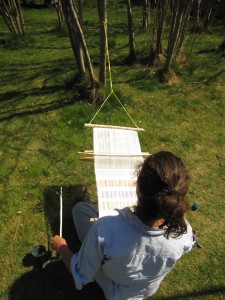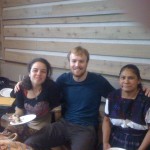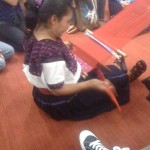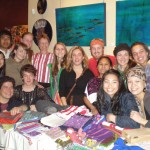1) Solidarity is a journey into oneself.
I started the semester with the notion that activism/solidarity/anti-oppression work is entirely rooted in the proactive ‘doing’ side of things. It took awhile before I realized how the ‘doing’ was only one half of the equation and that more importantly, a look into oneself was integral. And thus a channel into the internal was opened, a journey into self in order to come to grips with how I am implicated in the perpetuation of the injustices of the world. Anzaldua poetically describes this journey as one’s path to knowledge: “Tu camino de conocimiento requires that you encounter your shadow side and confront what you’ve programmed yourself (and have been programmed by your cultures) to avoid.” This has been, for me, the most difficult aspect of this course but it has become clear that it is necessary to engage in reflection in order to determine a course of action.
2) Solidarity is about building community.
Activism/solidarity work should never be a solitary endeavor if only for the simple reason that it is easy for one to succumb to “exploding head” syndrome: the overwhelming helplessness when confronted with the power structures of our societies that seem to permeate every aspect of life. How can we ever even begin to tackle the globalized, invisible soft-power? How can we begin to examine our own place within these structures without compromising our status quo, our identity, our lifestyle? The antidote to this unfortunate syndrome was simpler than I would have thought: reaching out. Engaging in dialogue with others, sharing and putting thoughts to action is an instant antidote to feeling jaded. Working with the class I was able to connect with others who were grappling with the world and with themselves, just like I was. It brought to mind a quote I saw once on the wall of a restaurant on Main St., the catchy kind of quote that one commits to memory without thinking: “Never doubt a small group of thoughtful, committed citizens can change the world. Indeed it is the only thing that has.” I don’t know if I can say our class created change in any real sense, but it was something amazing to be part of a communal space where consciousness was collectively being activated and shifted.
3) Solidarity is not motivated by guilt.
Many people (myself having been included in this) live in a coma of sorts, going our way through our daily lives without ever questioning how everything is interconnected, how privilege is balanced on the other end by oppression. But then again, maybe we do this subconsciously for reasons of self preservation – who could not be crushed by the guilt and helplessness of coming into the realization that one is inextricably a part of someone else’s oppression, the contribution to the gross inequality of the world, the knowledge that we are the scant 15% of the population that is exploiting 85% of the world’s resources? I suspect that for many, this guilt has instilled within themselves a commitment to rectify this injustice. However, a classmate shared an insight with me that has really put things into perspective: guilt as a motivator behind anti-oppression work never works. If guilt is the sole reason behind your work, you’re sure to burn out hard and fast. What gets people going is a positive driving force, be it mutual learning, understanding, or friendship. My positive force from this class is without a doubt the relationships I developed with Celia and Marla (in fact, there is a certain unfinished feeling of not being able to go to Chiapas and complete the exchange by learning from their surroundings and lifestyle). When organizing the events for the class, I was buoyed not by the guilt in learning how power imbalance is inherent in Canada’s foreign policy with Mexico, but rather the laughter around a kitchen table exchanging language and stories, busy hands readying enough tostadas to feed one hundred people, the heartfelt and moving thanks and hugs exchanged on our last days together. The warmth from a human connection is a much more nourishing motivator than guilt. It gives me a sense of purpose that I will continue to carry beyond this class.
————
“As a citizen, I can assume my responsibility for the public world – the world of politics – not as a spectator but as a participant who engages and shapes it.”
– James Orbinski
